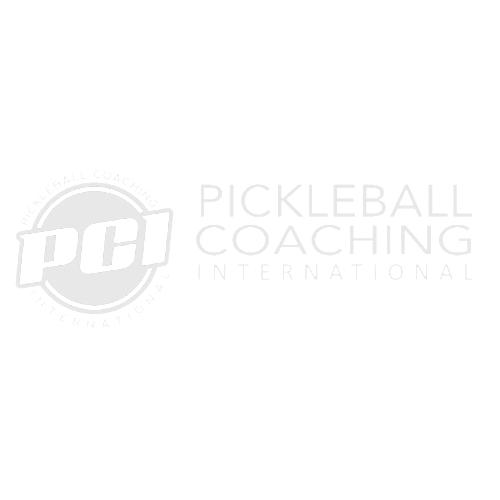Think Situations, Not Shots
"Alright everyone, today we'll be working on the [insert the name of any shot here]. If you have spent any time around pickleball coaches, there is a decent chance that you've heard a sentence like this. There are whole clinics devoted to "the forehand" or "the drop" or "dinking". While it is a good idea to give your students a heads up about the focus of the lesson, doing it this way isn't ideal. Let's look at two of the reasons why and propose an alternative.
First, the "today we're going to work on..." approach decontextualizes the skill being developed. It presumes that you can isolate a specific shot or stroke, work on it independently of the others, and then insert it back into the game. It is as though you're looking at a car engine, see that a valve needs replacing, swap it out and voilà, good as new! While this methodology has some merit to it -- after all, you cannot work on everything at once -- training a skill in isolation increases the risk of being unable to integrate it into more open gameplay.
Let's take the volley as an example. The volley you will hit depends a lot on the ball you receive. How you handle a fast ball hit at you from inside the baseline is quite different from how you handle a slower ball being sent from farther back. But where your opponent hits their third shot from is influenced by the kind of return you hit (i.e. was it deep? down the centre? to a corner? etc.). So it is tough to talk about volleying without also talking about the return of serve and the third shot. The point here is that shots don't exist by themselves, in a vacuum, but are interconnected. We think that good coaching takes this into account.
There is a second reason why it is problematic when a coach suggests something like "today we will work on the backhand". A reasonable response to this statement would be: "which backhand"? There are, of course, many backhands to choose from: backhand serves, backhand returns, backhand lobs, drops, and drives. Backhands that have backspin, topspin, sidespin. Backhands can be hit as defensive or offensive shots, or can be used only to neutralize your opponents. And since each of these shots requires significantly different technical and tactical considerations, in a very true sense, "the backhand" doesn't really exist.
So What's Better?
We recommend that instructors (and their players) think of pickleball as being comprised of different situations. There are times, for example, that you are starting the point. There are other moments that you are facing two opponents at the net and need to make a choice (drop, drive or lob). There are situations where you need to defend and others where you are in the driver's seat. There are times where you are caught out of position and others where you have your opponents scrambling. These are all situations that you will encounter when you play pickleball.
By thinking about situations instead of shots, players are better able to read a sequence of events and make a choice whether those events happened exactly when it was predicted they would. For example, if players have learned that when they are pinned behind the baseline with two strong players at the net, their best bet is a neutralizing drop, it doesn't matter whether this is on the third, fifth, seventh or 15th shot of the rally. They are familiar with the situation and can move on to make decisions and execute shots from there. Similarly, if players are introduced to the situation of "receiving a high ball when at the net", they are better equipped to deal with this kind of ball no matter when it happens during a point.
There is also an element of tactical thinking that is built into situational training. Players have the opportunity to think of a pickleball game as being a puzzle they are trying to solve and this particular situation as part of that puzzle.
Moving Forward
So, it's not "wrong" to tell your students about the shots that they will work on in their lesson. But perhaps it is more useful -- and maybe a little more intriguing -- if instructors frame the lesson in terms of situations rather than isolated skills. Instead of declaring "today we will work on our drive", coaches might say something like "sometimes you'll be in a position where you think you can overpower your opponents. Let's look at how and when we might do that".
Situations rather than shots -- we think it's a good way to go.






